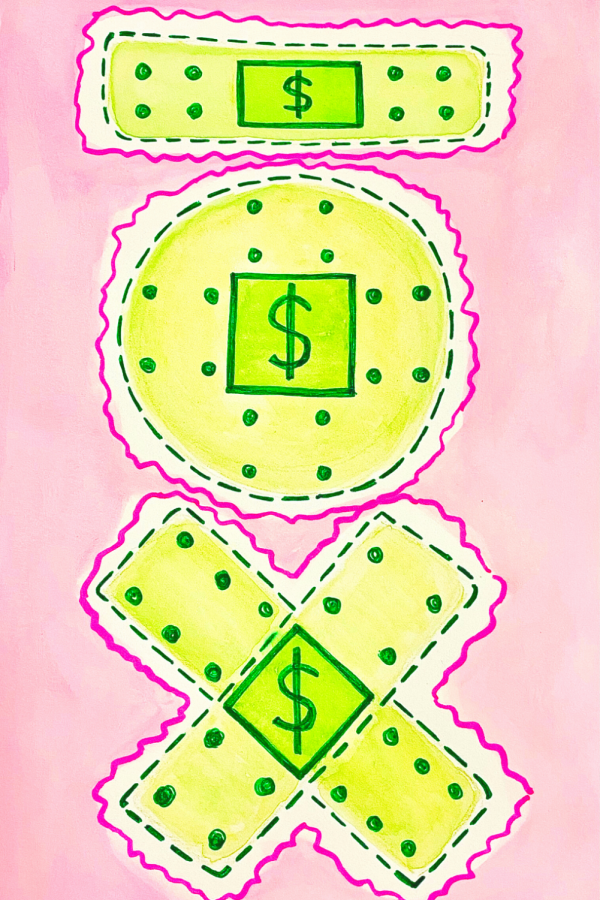UT for Me should offer students medical financial support
April 12, 2021
As many students have discovered this year, the value of high-end medical care is priceless when it comes to protecting Austin residents. On January 19, there was a record high of 727 Austin citizen COVID-19 hospitalizations, all of which were given medical attention and care that saved lives.
However, this high-end medical care can be quite pricey and full of hidden fees that can put already financially stressed students in detrimental debt and worry.
UT for Me – Powered by Dell Scholars is a UT financial aid and student support scholarship program available to students supported by a household that makes less than $65,000 a year. While UT for Me does have different support systems in place during a medical crisis, they are often not able to combat the economic troubles many students face in hospitals.
Even though these resources can be helpful, they are not enough. UT for Me should be allocating more funds to students who face economic hardship when dealing with medical bills, especially students who are uninsured.
KJ Harris, the UT for Me program director, detailed several of the UT for Me resources in an emailed response.
“UT for Me students are eligible for $500 in emergency funds and can be awarded funds once per academic year,” Harris said. “They can access a brief application on the UT for Me Canvas page which includes confirmation of enrollment, the amount of funding requested and whether they have applied in the past academic year.”
Although $500 dollars is a commendable amount of money if used for smaller hospital fees, many UT for Me students may potentially face larger and more devastating bills, even from a one night stay.
Tanya Velazquez, a journalism and Latin American studies freshman, recently visited the Dell Seton Medical Center at the University of Texas after an epiliptic episode. She and her friends panicked and called an ambulance even though Velazquez is uninsured.
“Usually I wouldn’t go to the hospital for it, but I did this time just because I wasn’t with family, I guess, and it just didn’t feel safe,” Velazquez said. “I just remember being half conscious and (the nurses) being like, ‘We are going to do an MRI scan, is that okay?’ and I was like, ‘Yeah.’”
The MRI scan, coupled with the ambulance ride and a night spent at the hospital, totaled to around $7,000 dollars. Velazquez is a UT for Me student, and while the $500 she has been allotted for medical fees will help, it will not make a dent in her extensive medical bills.
“Anytime I have a medical issue that I want to get treated, I can’t, so I just have to live my life hoping that I don’t have some illness that’s going to get to me,” Velazquez said. “You’re just kind of living your life hoping that whatever health issues you have won’t start acting up or actually affecting personal everyday life. It’s just not fun.”
Harris also explained that the UT for Me team is aware that medical stress can prohibit a student’s success.
“We recognize that medical and financial challenges can complicate the journey to a degree and we are here to provide individualized support to help students stay on track,” Harris said.
If UT for Me is passionate about student success in the face of a medical crises, they should back their statement by allocating more funds for students under medical financial pressure.
Gomez is a journalism freshman from Lewisville, Texas.



